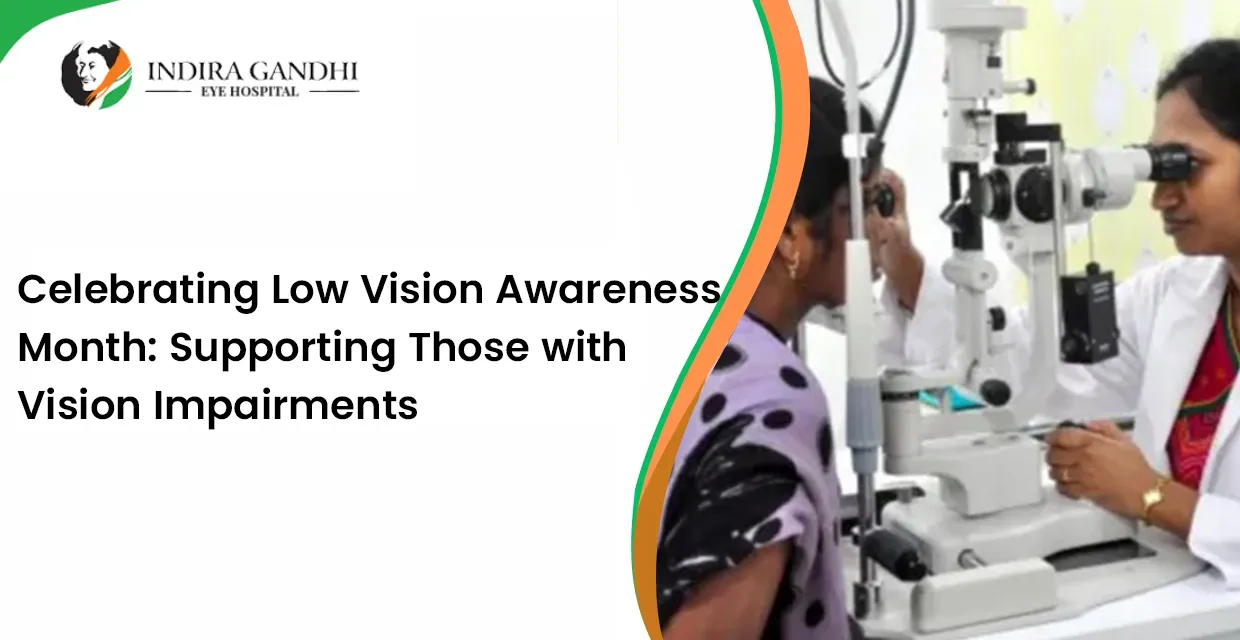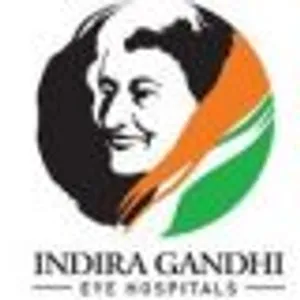Introduction
February is a month of special significance in the world of vision health as it marks Age-related Macular Degeneration (AMD) and Low Vision Awareness Month. This designated time of the year serves as a crucial opportunity to shed light on the challenges faced by individuals with vision impairments, with a particular focus on those affected by AMD. In this article, we will delve deeper into the importance of this awareness month, the impact of AMD on individuals and society, and ways we can offer meaningful support to those living with vision loss.
Understanding AMD
AMD is a prevalent eye condition that predominantly affects older adults. This disease targets the macula, a small yet vital part of the retina responsible for central vision. AMD can manifest in two primary forms: dry AMD, characterised by a gradual and slow progression, and wet AMD, which advances rapidly and often results in more severe vision loss.
The Impact of Vision Impairment
Vision impairment, including conditions like AMD, can have profound effects on an individual's daily life. Activities that many of us take for granted, such as reading, recognising faces, driving, and even navigating familiar surroundings, can become incredibly challenging or entirely impossible for those with vision loss. This loss of independence and diminished quality of life can take a significant toll on a person's emotional well-being.
Supporting Those with Vision Impairments
Raising Awareness
Educate Yourself: Take the time to learn about AMD and other vision impairments. Understanding the condition is the first step toward empathy and support.
Share Information: Use your voice and platforms to raise awareness about AMD and Low Vision Awareness Month. By sharing facts and personal stories, you can encourage greater understanding within your community.
Offering Emotional Support
Be Empathetic: Many individuals with vision loss may experience feelings of frustration, isolation, or depression. Providing a listening ear and emotional support can make a world of difference in their mental well-being.
Support Groups: Encourage individuals to join local or online support groups where they can connect with others facing similar challenges and share coping strategies.
Accessibility
Make Public Spaces Inclusive: Advocate for and support efforts to make public spaces more accessible to those with vision impairments. This includes ensuring adequate lighting, clear signage, and barrier-free pathways.
Digital Accessibility: Ensure that websites and digital content are accessible to all. Implement features such as larger fonts, alt text for images, and audio descriptions for video content.
Assistive Technology
Explore Assistive Tools: Assistive technologies, such as screen readers, magnification software, and braille devices, can empower individuals with vision loss to engage with the world independently. Encourage them to explore and use these resources.
Transportation Assistance
Mobility Solutions: Offer assistance with transportation or provide information about accessible transportation options to help individuals with vision impairments maintain their independence and mobility. Accessible public transportation and ridesharing services can be invaluable.
Encourage Regular Eye Checkups
Promote Early Detection: Encourage individuals, especially seniors, to schedule regular eye examinations with qualified eye care professionals. Early detection and intervention can significantly slow the progression of AMD and other eye conditions.
Conclusion
As we celebrate AMD and Low Vision Awareness Month, it's vital to remember that our collective efforts can have a profound impact on the lives of those affected by vision impairments, particularly AMD.
By deepening our understanding of the challenges faced by individuals with vision loss and taking proactive steps, we can enhance the quality of life for these community members. As the Best Eye Hospital in India, Indira Gandhi Eye Hospitals is committed to leading these efforts, making our communities more inclusive and accessible. Together, let's create a world that is more empathetic, inclusive, and supportive for everyone, regardless of their visual abilities.


